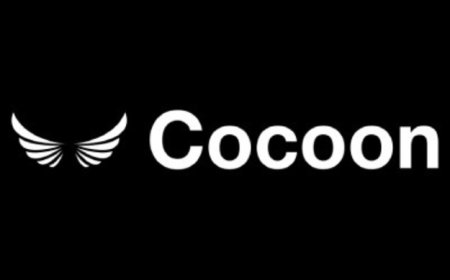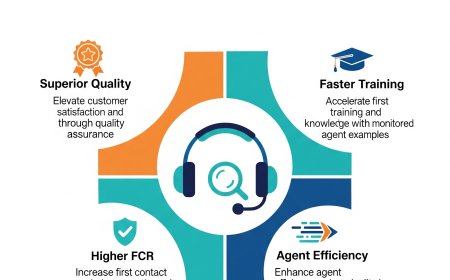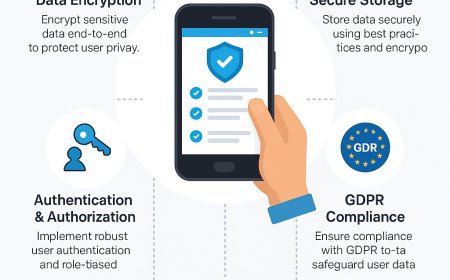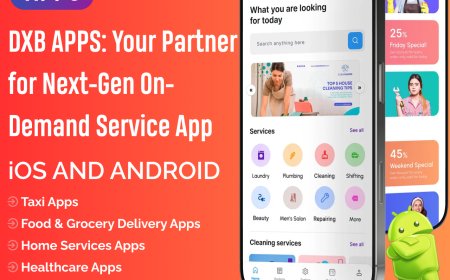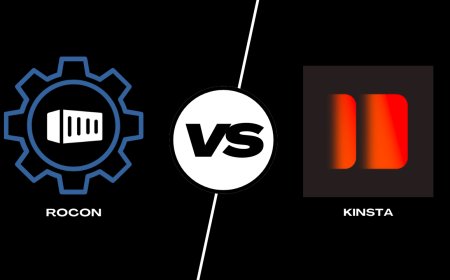Behavioral-Based Interview Questions with Honest Answers (2025 Guide)
Tired of sounding robotic in interviews? Learn how to answer behavioral-based interview questions in 2025—with real examples and natural confidence.

"Tell me about a time you failed."
That question once knocked the air out of me during a job interview.
I was 25, job-hunting in a shaky market, and I had prepped all night for that conversation. But when the hiring manager threw that question at me, I just froze. Not because I hadnt failed before. But because I didnt know how to talk about it without sounding either pathetic or fake.
Thats the thing about behavioral-based interview questionsthey hit different. They arent testing your technical skills. Theyre trying to see whats under the surface. And unless youve practiced being honest under pressure, theyre hard.
But once I figured out how to stop answering and start telling stories, interviews started to feel less like interrogation and more like connection.
Let me show you how I got there.
What Even Are Behavioral-Based Interview Questions?
If youre reading this, chances are you already know the format.
Tell me about a time when you had to make a quick decision.
Describe a time you dealt with conflict.
Give an example of something that didnt go as planned.
These arent about what you would do. Theyre about what you did do.
And trust me, if youve ever had a bad group project, handled a rude customer, or juggled deadlines during a power cut, you already have material. You just dont know it yet.
Why Do Employers Keep Asking These?
Let me be blunt: because anyone can say Im a team player or I handle pressure well. But when you tell me about the time you had three hours to save a crashing campaign and stayed calmthats when I believe you.
Behavioral-based questions show:
-
How you think when stuff gets messy
-
What you do when plans fall apart
-
Whether you blame or problem-solve
-
How much responsibility you actually take
They dont want the polished version of you. They want the person you are at 7 p.m. when the deadline just moved up 12 hours.
The Mistake Most People (Including Me) Make
For years, I tried to answer these questions correctly.
Id say:
In a previous role, I successfully handled pressure by maintaining clear communication and prioritizing tasks efficiently
Sounds nice, right? Its also completely forgettable.
Then I started being real.
Like:
Once, I was running two deadlines on the same day, and one of them was falling apart. I called the client, admitted I was behind, and asked if I could give them half by evening and the rest next morning. They said yes. I worked till 2 a.m., and they were happy with the result. Was it ideal? No. Did I communicate and recover? Yes.
Suddenly, people leaned in. Because that? Thats a human talking.
How I Started Answering These Questions Like Myself
I dont use STAR method religiously. It helps, sureSituation, Task, Action, Resultbut its not a magic spell.
What works for me?
? Keep the story short
? Focus on what I did
? End with what I took from it
More importantly, I speak like I actually lived itnot like I rehearsed it in front of a mirror 20 times.
5 Real Behavioral Questions Ive Been Asked (and How I Answered Them)
1. Tell me about a time you failed.
My answer:
I once pitched a new content strategy to a client, and they hated it. Id misunderstood their tone completely. I couldve blamed the brief, but I didnt. I asked for a second chance, studied their past campaigns, and came back with something that clicked. They stayed with us six more months.
Lesson: Mistakes happen. How you bounce back is what they remember.
2. Describe a time when you disagreed with someone at work.
My answer:
I worked with a designer who kept rejecting my content layout. At first, I thought he was being difficult. But when I asked him to walk me through his thought process, I saw he was trying to improve UX, not just be critical. We ended up combining both our ideasand that project still performs better than anything Ive done since.
Lesson: Listening often works better than arguing.
3. Give an example of working under pressure.
My answer:
A site I wrote for crashed a day before a product launch. My team was scrambling. While others fixed tech, I rewrote headlines and email content offline. I didnt wait for my partI just asked, Where can I help? We got everything live with two hours to spare.
Lesson: Youre never too junior to step up when it matters.
4. Tell me about a time you worked in a team.
My answer:
During a campaign sprint, I handled all the copy, while our social media lead was down with dengue. I took on her role temporarilynot because anyone asked me, but because the team needed help. I wasnt perfect, but we pulled through.
Lesson: Teams work best when people stop asking, Is this my job?
5. Describe a situation where things didnt go as planned.
My answer:
A client ghosted us mid-project. Radio silence. We had two options: wait or finish based on old notes. I chose the second. When they returned, they were blown away that wed kept going. They paid the invoice, added a bonus, and called us the only team that doesnt wait to be told what to do.
Lesson: Thoughtful initiative > blind obedience.
How to Prepare for These Questions (Without Losing Sleep)
-
Write down three situations where something went wrong
-
One time you handled pressure
-
One example of learning something new fast
-
One team experience youre proud of
-
One time you solved something creatively
Thats it. Practice saying them out loud. Record yourself if it helps.
The goal isnt memorizationits owning your story.













